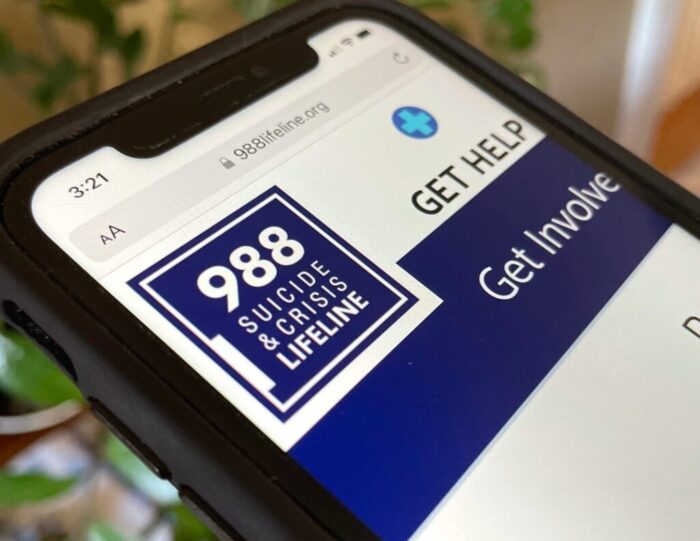‘A big step’: Record rate of Oregon mental health workers seek anti-suicide trainings
Published 6:41 am Friday, August 15, 2025
This article discusses suicide. If you or someone you know is struggling with thoughts of suicide or a mental health crisis, call or text 988 or chat online for free, immediate support 24/7.
Oregon continues to struggle with rates of suicide higher than the national average, but more behavioral health workers than ever are training in prevention when they receive professional licenses from the state, according to a new state report.
The Oregon Health Authority has tracked rates of suicide prevention training in two-year periods for licensees across the state since 2018, delivering a report by early August using state licensing board data to the Oregon Legislature. For 2022 to 2024, the agency found that 81.8% of professionals seeking licenses or renewals said they took a course on suicide prevention. That marks the highest rate the agency has recorded in the past seven years.
“This is a big step. However, OHA expects the 2026 report to show an even bigger gap between medical and behavioral health care providers,” the report reads. “Since 2017, OHA has urged lawmakers to require suicide prevention training for medical providers. Many states already require it by law.”
Oregon ranks 14th in the nation for overall rates of suicide per 100,000 people, according to the Centers for Disease Control and Prevention. Rates stayed about the same between 2022 and 2023. In 2023, there were 888 suicides in Oregon, according to the report.
The 2023 age-adjusted suicide rate was 19.4 per 100,000 people, and the national rate was 14.1 per 100,00. The report does not offer insight into similar figures from 2024.
“Since 2019, leaders in suicide prevention in Oregon have made progress in prevention, intervention and postvention work. This includes progress in workforce training,” the report reads. “Overall, Oregon’s suicide rate is still high.”
Differing legislative mandates
The state requires the training for mental health professionals seeking certification for a variety of professions, including clinicians, school counselors, psychologists and crisis response team members. The report does not track medical providers like doctors, who are not included in a 2021 state law, House Bill 2315, mandating suicide prevention training by July 2022 for mental health workers.
The requirement also applies to specialized health care staff like community health workers, doulas or peer support specialists. The course often takes three to six hours.
State researchers found that 95.5% of these specialized workers reported taking a course, the highest level of compliance out of any group of employees mandated to take the training. The lowest level of compliance was among social workers — a reported 68.3% of them participated in a training.
The report says that the health authority is continuing to push Oregon lawmakers to change the existing framework for training requirements. Physicians and nurses who don’t work in behavioral health are recommended to partake in suicide prevention training, under Senate Bill 48 passed in 2017, but they are not required to do so. The state doesn’t mandate their licensing boards turn in data on prevention training.
In the meantime, the agency has added a variety of courses and themes into the training over the past few years, and they are available statewide for little to no cost, according to the agency. Areas of focus have included issues of culture and diversity, recovery, case studies and response and safety planning. Training typically lasts for three to six hours.
One bill that the Legislature considered this past year would have expanded opportunities for suicide education prevention. House Bill 3960 would have allowing suicide prevention education to count towards some licensing boards’ requirements for cultural competency. It was referred to the House Committee on Emergency Management, General Government and Veterans in April and never received a committee hearing.
